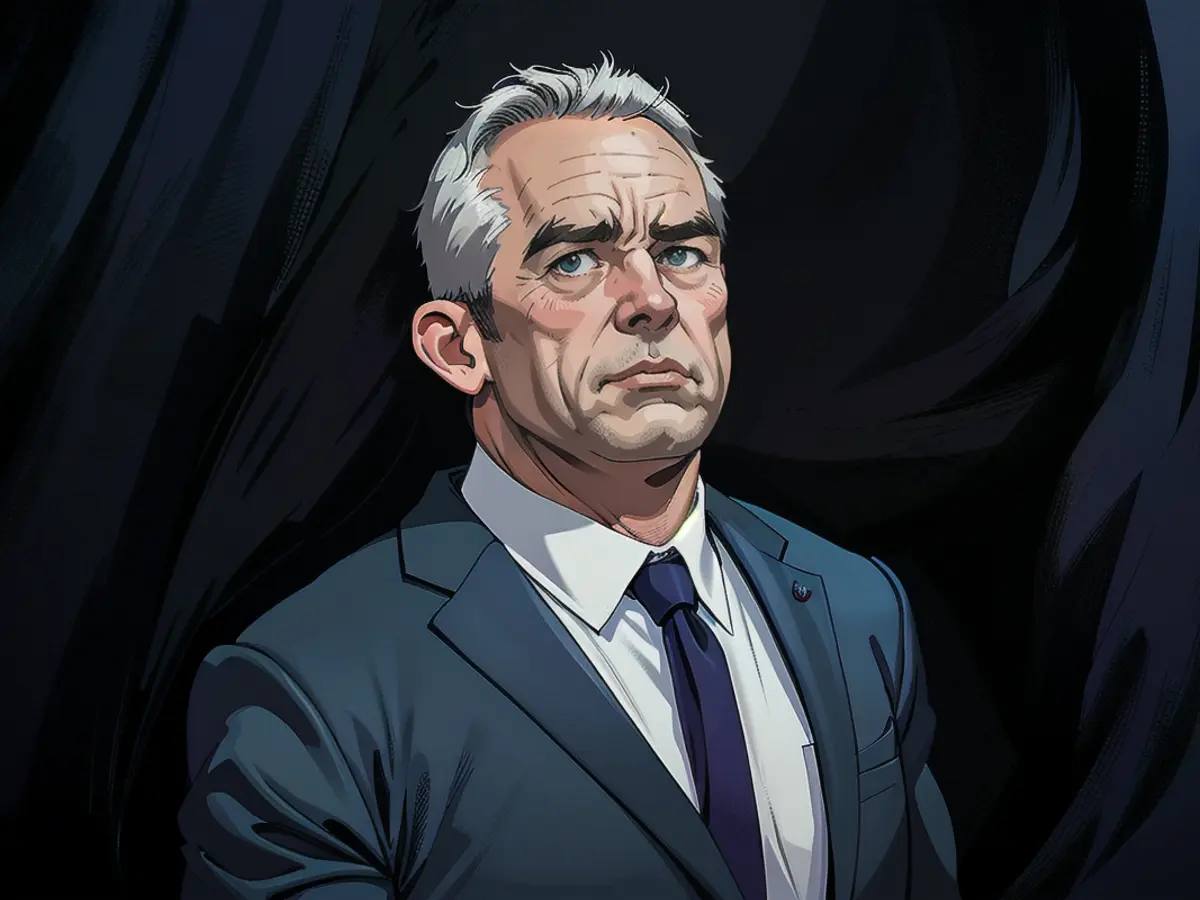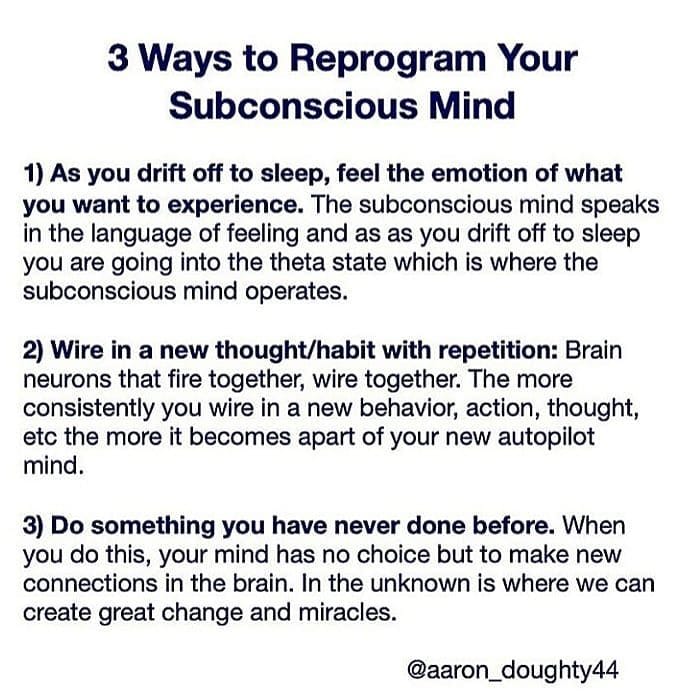Robert F. Kennedy Jr., known for his longstanding criticism of vaccines, has made headlines recently with a shift in his position regarding COVID-19 vaccines. This altered stance could have implications for public health access, particularly in how it influences the perception of vaccines among individuals and communities previously skeptical of immunizations. As a prominent figure in the discourse surrounding vaccines, Kennedy’s recommunication of certain aspects related to COVID-19 vaccinations is emblematic of ongoing debates regarding vaccine safety and efficacy.
Kennedy, who previously led efforts emphasizing the adverse effects he associates with vaccination, has acknowledged nuances in the conversation around COVID-19 vaccines. In recent interviews and public comments, he suggested that while he continues to advocate for vaccine safety, he may be more open to the potential benefits of COVID-19 vaccines for certain populations. This shift, however, is met with mixed reactions. On one hand, it can be interpreted as a recognition of the evolving landscape of vaccine science and public health. On the other hand, it risks further polarizing the debate, especially in communities already wary of vaccination.
The implications of Kennedy’s changed recommendation are multifaceted. For one, it underscores the precarious balance between addressing vaccine hesitancy and promoting public health initiatives aimed at increasing vaccination rates. Public health officials often fight against misinformation regarding vaccinations, and prominent figures like Kennedy have historically played a significant role in shaping public perceptions. His evolving stance could either diminish skepticism within some demographics or reinforce a narrative of distrust among others who may already be skeptical of mainstream health recommendations.
Furthermore, Kennedy’s comments come at a time when health access is a central focus in many jurisdictions. Access to COVID-19 vaccines has been a contentious issue, as disparities in healthcare have continued to affect marginalized communities disproportionately. If a public figure alters their position regarding vaccine uptake, it can influence the willingness of certain populations to seek vaccinations. For instance, those who have previously aligned with Kennedy’s skepticism might feel emboldened to resist participating in vaccination programs, directly affecting public health efforts aimed at achieving herd immunity.
In terms of public policy, Kennedy’s remarks could affect how lawmakers and health agencies approach vaccination mandates, funding for vaccine education, and community health initiatives. Policymakers must navigate the complexity of public opinion while remaining committed to evidence-based approaches in combating infectious diseases. The careful presentation of vaccine information and addressing public fears will be essential in encouraging a more health-conscious society, particularly as new variants of COVID-19 emerge.
Media portrayals of Kennedy’s statements further complicate how the public interprets this shift. The responses can vary widely based on local and national narratives surrounding public health and vaccination. In some regions, Kennedy’s revised stance might serve to bridge gaps in understanding and foster dialogue about vaccine safety and efficacy. In contrast, it could also entrench pre-existing hesitancies among groups distrustful of government health initiatives. Consequently, individual healthcare providers, advocacy groups, and health officials need to remain vigilant in addressing these seemingly conflicting narratives.
Moving forward, public health campaigns must prioritize transparency and community engagement. Building trust within communities who may feel neglected or misinformed is critical. Listening sessions, targeted educational efforts, and outreach programs tailored to address specific community concerns regarding vaccines can help mitigate the impact of ambiguous statements made by influential figures. Additionally, education strategies must aim to emphasize the benefits of vaccination, not solely against COVID-19 but within the broader context of infectious disease prevention.
There remains a critical need for ongoing discourse that involves various stakeholders, including scientists, healthcare professionals, and community leaders. Recognizing the importance of collaborative efforts can create a narrative that prioritizes health access and positive outcomes over polarizing views. Reinforcing the message that vaccination is a public health imperative, while acknowledging personal concerns about vaccine safety, can serve as a bridge for those hesitant about immunization.
In conclusion, Robert F. Kennedy Jr.’s changing stance on COVID-19 vaccines brings to light the delicate interplay between public figures and health access. His alterations in vaccine advocacy resonate across various communities and could either facilitate a more nuanced understanding of vaccinations or exacerbate existing divisions regarding public health initiatives. Promoting open dialogue and informed discussions on vaccine safety will be paramount in counteracting misinformation and ensuring equitable health opportunities for all individuals, regardless of their past affiliations or beliefs.



